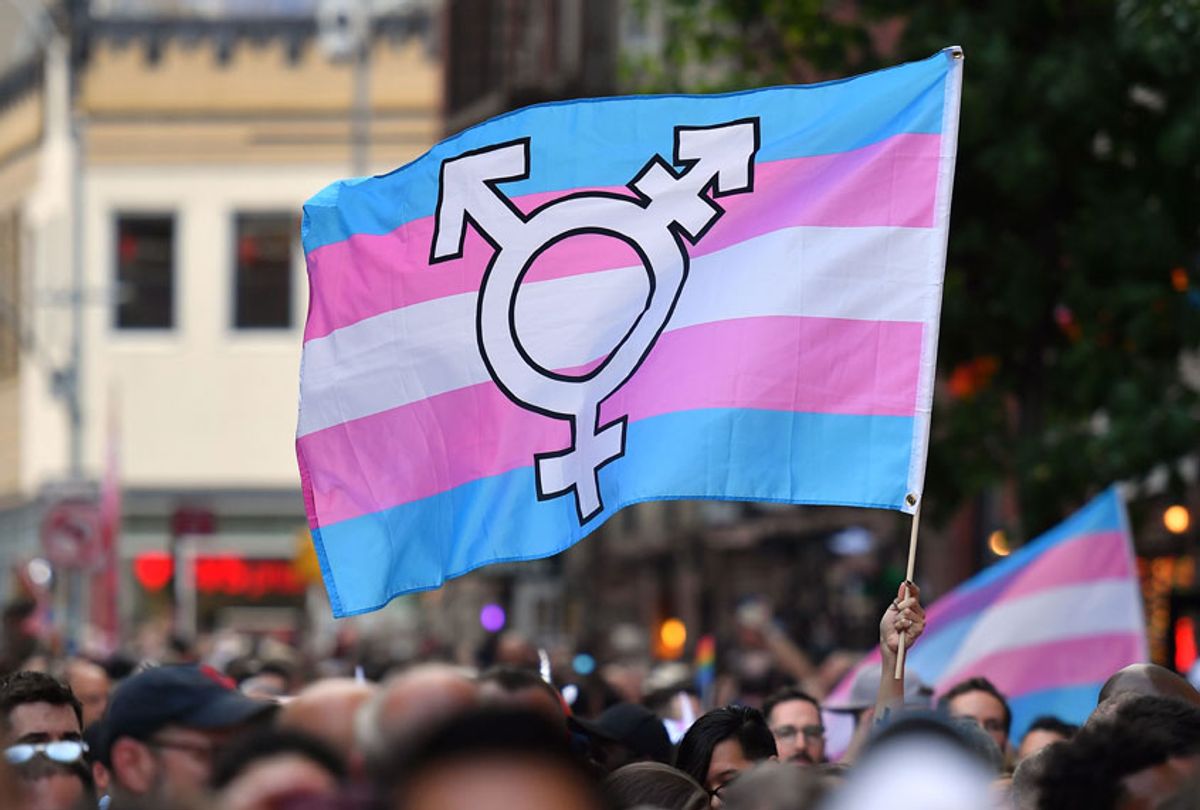Roughly two months after the Trump administration proposed a rule that would roll back transgender protections in health services, New York City's Department of Homeless Services introduced a policy intended to do the exact opposite.
The move positions the agency as a kind of foil to President Donald Trump, who has suggested he is willing to dramatically transform federal policy that protects people from discrimination based on their race, sex, religion, disability or national origin.
"At a time when the Trump administration is curtailing access to social services and targeting individuals on the basis of gender identity — often both at the same time — affirming policies and protections are more important than ever," NYC DSS Commissioner Steven Banks told Salon in an exclusive interview, referring to the administration's plans to replace an Obama-era rule that defined "gender identity" as an aspect of discrimination "on the basis of sex."
The Obama-era rule, put in place in 2016 as part of the Affordable Care Act, defined gender identity as one's "internal sense of gender, which may be male, female, neither or a combination of male and female, and which may be different from an individual's sex assigned at birth."
The Trump administration announced in May it intends to remove gender identity from the classes protected from discrimination by the health care law.
Also in May, the Department of Housing and Urban Development proposed a rule that would allow federally funded homeless shelters to deny services to people based on gender identity or sexual orientation.
"These kinds policies emanating from Washington are exactly moving in the wrong direction," Banks said of the recent HHS and HUD proposals. "We want to be moving in the right direction and we want to provide an example and a model of how to do so."
The policy proposed by NYC DHS focuses on "respectfully accommodating clients who identify as transgender, non-binary, and intersex." It states "no one will be denied access to a gender-affirming facility or program because of their sex assigned at birth."
It is an outgrowth of New York City Mayor Bill de Blasio's bill, signed last October, that allows New Yorkers select a third gender on their birth certificate without a letter from a health care provider. As of January 1, non-binary and gender nonconforming New Yorkers could change their gender to "X" on official city documents. The option is also available to individuals under age 18 with consent of a legal guardian and for those without a New York City birth certificate.
The latest proposal by the city's department of homeless services is an extension of that policy. It aims to "close service gaps for clients of all gender identity, with a focus on respectfully accommodating clients who identity as transgender, non-binary and intersex," according to a draft of the regulation.
The policy defines terms, such as: gender identity, gender expression, gender binary, transgender and queer. It also notes a host of terms that should be avoided, like cross dresser and drag queen, because they have "either complicated or derogatory meanings."
The policy further includes guidance for staff on how to interact with clients when collecting information at shelters and requires staff to ask clients their preferred name, gender pronouns and gender marker. Staff is required to share all gender marker (or gender designation) options with all clients and have them select the marker that works best for them.
It also explains why it is important to respect an individual's gender pronouns, how to ask someone about their pronouns, and provides tips on how to react after accidentally misgendering a person.
"This is just the beginning of transforming the way that we serve trans and non-binary people in New York City, which we hope will benefit our clients here in New York City, in the five boroughs, and be an example that other jurisdictions can implement as well," Banks said of the policy.
He noted that while a client can experience challenges on any given day "even with the most effective reforms on paper," the city's department of social services is focused on "minimizing and eliminating those challenges."
"We want to do right by our most vulnerable clients," he added. "That's what this is all about."
Banks said any client who feels their needs are not being met can immediately raise concerns with shelter staff or file a complaint on site.
To ensure the policy is being implemented, Banks said DHS will continue to work with advocacy groups.
"We use feedback from advocacy groups and clients to do better and, frankly, we're not afraid to have an ongoing process of engagement with advocates and clients so that we can make sure that our policies are firmly rooted in our institution," Banks said.
"This isn't a procedure that we have developed to gather dust on a desk somewhere," he continued. "This is a living breathing procedure that will be informed by actual practice on the ground."



Shares